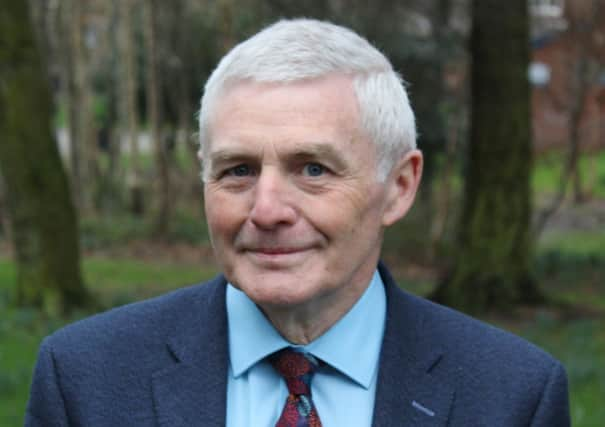Capital Allowances could render some farmers ineligible for SEISS


The measure was introduced to support sole traders and people who generate more than 50% of their income from self-employment through the Covid-19 crisis.
Seamus continued: “The income figure recognised for SEISS is that which is calculated after capital allowances have been deducted from the farmer’s trading profit.
Advertisement
Advertisement
“So in the case of a farmer who recorded eligible profits 2017 and 2018 but incurred eligible capital expenditure up to 5 April 2019, which reduced his tax liability to zero during that year, then that person may not be eligible for SEISS.
“Capital allowances encompass all relevant farm development projects, including the procurement of machinery.”
Seamus went on to point out that part time farmers may not be eligible for SEISS.
He added: “This is the case if their farm income figures are less than the level of income generated from other employment. Farmers drawing down a pension income represent another ineligible group if their pension income exceed their income from farming.”
Advertisement
Advertisement
Another key aspect to the scheme is that agents cannot apply on behalf of clients. Seamus explained: “Those applying must, first of all, register on the government web site Gov.uk. This is an entirely digital process. Those who are not used to working online, or have no access to the internet, should ask a family friend or member for help.
“Applicants will be asked for their national insurance number and unique tax reference number. Identification can only be verified courtesy of the details contained on a UK passport or P60 form. An Irish passport or Northern Ireland driving licence will not suffice in this regard.
“People not able to meet these criteria may be allowed to provide the details of a credit card statement or bank loan statement.
“Once all the eligibility steps have been completed, the applicant will be informed immediately if they are eligible to apply for SEIS.
Advertisement
Advertisement
“Applicants must also confirm that their businesses have been impacted negatively by the Covid-19 crisis. This is a tick box exercise.
“The government is not asking applicants to submit current bank statements. Eligibility is solely determined on the basis of the applicant submitting a tax return for the years ending March 31st 2017, 2018 and 2019 and further committing to work during 2020/2021.
“For the purposes of the scheme, successful applicants will receive 80% of the average income they generated during the reference years, covering a three month period. There is a payment cap of £2,500 per month.”
Seamus concluded: “HMRC has established an anti-avoidance unit to check for fraud, where SEISS is concerned. This is standard practice, where measures of this nature are concerned. The work will entail spot checks of applicants submitted for SEISS.”